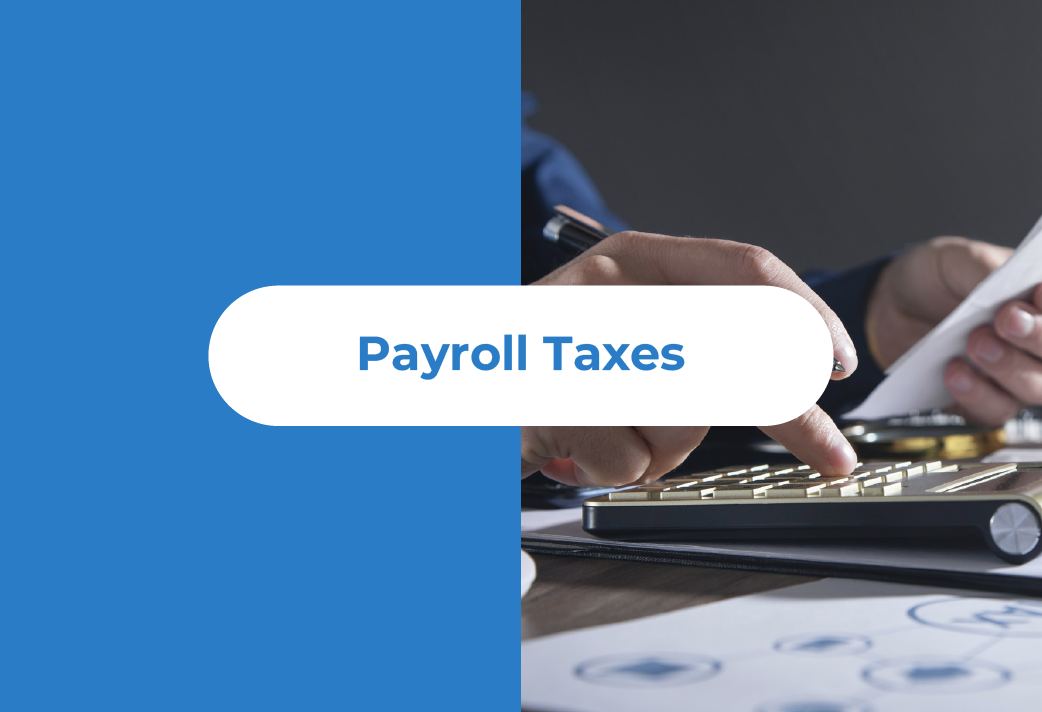How Payroll Tax Compliance Differs By State In The U.S.

If you’re a business owner in the U.S, you already know that paying your employees isn’t just about writing checks. It is to be up-to-date on payroll taxes and reporting taxes and laws about labor. But did you know that these rules can change dramatically depending on what state you’re operating in?
Whether you run a small business in Texas, a remote team across multiple states, or you’re expanding into new locations, understanding how payroll tax compliance varies from state to state is critical. Sure, it can be quite a lot but we are the people to break it down to you.
Let’s walk through what makes this such a complicated piece of your business puzzle.
State-Specific Payroll Rules
Each of the U.S states has a different tax code and labor policies. It implies that what is highly legal and green in Florida can be a hot one in California. Therefore, in case you have been working with a one-size-fits-all strategy as far as your payroll is considered, you have to take a re-consideration.
The question could cross your mind: Is it not enough that there are federal rules? The reply is-in a degree. While the IRS oversees federal income tax and Social Security/Medicare contributions (FICA), each state decides its own rules for income tax, unemployment insurance, wage laws, and more.
The twist here is that no matter whether your enterprise is operating out of a single state, as long as your workers are based out of different states, you have the liability of complying with their respective states as well.
State Income Tax
Other states, such as those of Alaska, Florida and Texas, do not even have the state income tax. Others such as California and New York boast of some of the highest. If your employee lives in a state with income tax, you’re required to withhold and remit that tax, even if your business is located elsewhere.
What then can you do to keep up with it? That is where knowledge about payroll and compliance can be of great use. If you get the right system or service, it can assist you to monitor the location of your employees, tax applicable to different employees and the frequency of paying the taxes.
Unemployment Insurance
State unemployment insurance (SUI) is another big area where regulations vary. Every state has got its:
- Tax rate
- The Wage base limit
- Filing schedule
- Claim process
For example, the taxable wage base (the maximum amount of an employee’s wages subject to unemployment tax) is $7,000 in one state, but over $56,000 in another. That is an enormous difference and it will have a certain impact with regards to social security employment taxes.
Other states will charge you a rate depending on your industry or experience and some others use a flat rate especially on new businesses. This implies that two firms each with same remunerations may have very different tax expenses with regards to their locations.
Wage and Hour Laws
Besides taxes, you will also have to observe regulation regarding:
- Minimum wage (which varies significantly by state and even city)
- Overtime get a pay policy
- Paid leaves needs
- Termination paycheck changes
- Worker classification (employee vs. contractor)
To take an example, California is a state with strict and detailed laws of employment, much more complicated than in such a state as South Dakota. That is why the founders of the companies with multiple states of work tend to resort to the help of HR, payroll and compliance tools to keep up to date.
I did not install one update, and you would miss it? The result of it might be penalties, audits and even more.
How to Be a Regulatory Cross State?
It is feasible to handle all these manually, but will not be preferred. Some of the intelligent ideas to keep multi-state compliance simple would include:
- According to the state in which you are operating, a payroll platform will help you pay tax in accordance with the state-specific legislation, which is automatically updated.
- Go with a tax professional or PEO when you are expanding or recruiting in new states.
- Put in place internal procedures that help make note of the places where employees are working and help correct them to the right classification.
- Be active, look up information on a regular basis since state law is not as stationary as you might think.
You can be sure of the fact that it is always cheaper to maintain compliance than to cover up an error that is committed later.
Final Thoughts
Payroll isn’t just a back-office task, it’s a core part of your business’s legal and financial foundation. And when the team is spread across the states, it is important not to miss local rules.
Learning the compliance level of payroll by state assists you to prevent a dreadful mistake, earn the respect of your workforce and operate more professionally and fruitfully. It appears something impossible to deal with, but with some of the tools and knowledge, it is completely doable.
Since when your payrolls come out clean it means that your business is in high gear.






